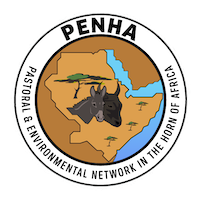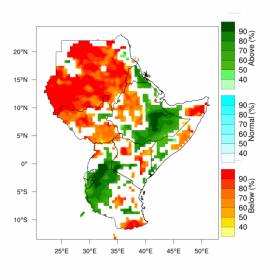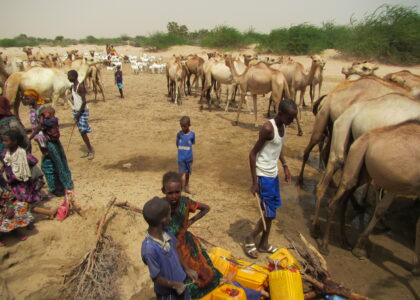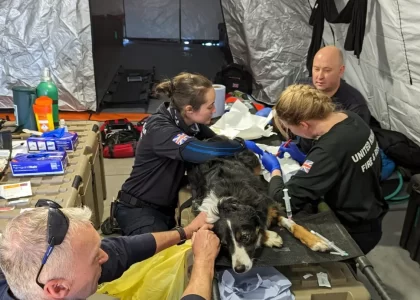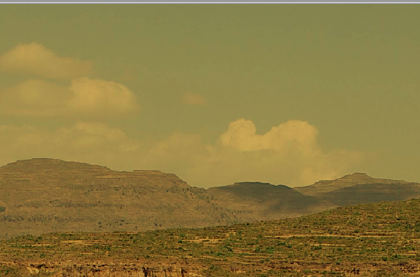Given the alarming food shortage of the Greater Horn of Africa, the Intergovernmental Authority on Development (IGAD) which includes Djibouti, Ethiopia, Eritrea, Kenya, Somalia, Sudan, South Sudan and Uganda calls for a robust and proactive intervention to avoid a catastrophic human and livestock situation during the conference held in Nairobi on 17th April 2019, as reported by Amy McConaghy. As the report shows in the Horn of Africa about 23.4 million people are currently food insecure whereas ‘around 10.7 million people are suffering from food insecurity in Somalia, Kenya, Ethiopia and Uganda alone’. During the conference, Mahboub Maalim, IGAD Executive Secretary said ‘I would describe the situation of the drought in the Horn of Africa now as at crisis stage. There are two more stages worse than a crisis, there is [an] emergency and famine. The classification is heading in the direction of emergency very, very fast’.
The Horn of Africa is known for drought, famine and acute livelihood crises during the last six decades or more caused by rain variabilities, war and conflict, weak institutional capacity in early warning and responses systems as well as the prompt intervention and support of the international community. The dominant economic activities of the Horn countries are climate-sensitive mainly including agriculture, pastoralism and agro-pastoralism and forestry. Therefore, any natural disaster or manmade crisis can affect the livelihoods of millions, particularly children and women. Some of the communities were recently affected by Tropical Cyclon Sagar and are still trying to recover from such high magnitude crisis. Their already weakened resilience to shocks can be worsed with the failure of timely rain.
Based in Hargeisa, Sadia Ahmed from PENHA Somaliland said ‘Climate change impacts seriously the region. Therefore, preparedness for all types of eventualities (cyclone, drought, torrential rains, etc) along the preventive measures should be in place’. She underscored the need for the integrated and timely action by all development actors.
A recent report from Somaliland also shows this alarming situation and the lack of pre-drought proactive measures in reducing the high risk of famine among the communities. As Angela Raven Roberts (PhD), Research Fellow at International Gender Studies Centre, University of Oxford once emphasised ‘Food security requires the synergy of all actors, including the international as well as local institutions and policy systems which include the governments, donors, NGOs and the media’. She said local communities’ indigenous knowledge on Early Warning System (EWS) in responding to the food crisis as well as the presence of risk reduction system on arid and semi-arid regions can be helpful but in like the current triggering situations there should be the right approach in place to make a timely response. The message is clear ‘lessons learnt from the past are enough’ and immediate action is needed.
Report by Bereket Tsegay, PENHA
Photo credit: Monthly rainfall forecast for May. (Photo: IGAD)
